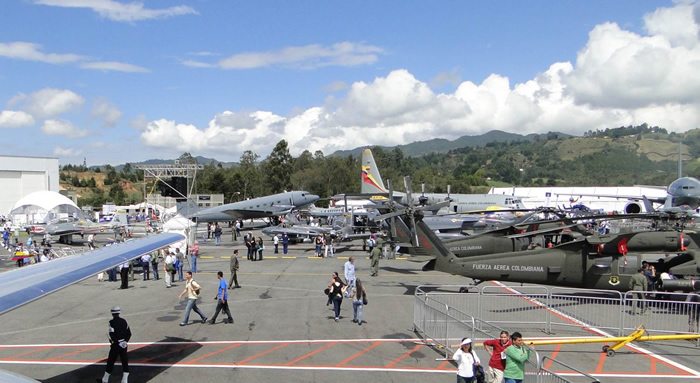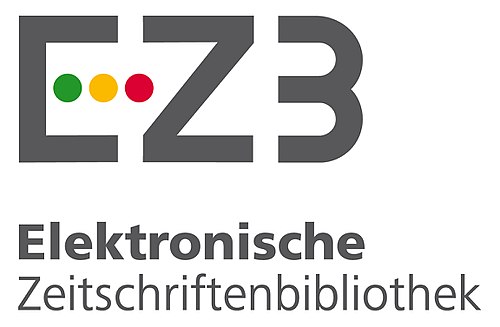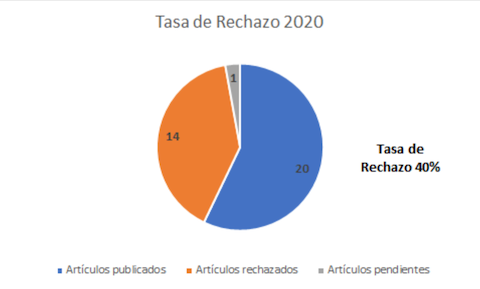Notes on Globalization: Cultural, Technological, and Economic Aspects
DOI:
https://doi.org/10.18667/cienciaypoderaereo.143Keywords:
Cultural Globalization, Economic Globalization, New World Order, Processes of Integration, Technological GlobalizationAbstract
The internationalization of economies with the consequent opening of the markets, the modernization of both public and private organisms; the increase in competitiveness; privatization; reduction in the size of the state; and economic interconnectedness, both by economic regionalization of geographic areas and by the integration of markets in dissimilar geographic regions; are some of the characteristics of the global shift or new world order. Within this context, this article intends to analyze the phenomenon of globalization in its cultural, economic, and technological aspects. These components have permeated various sectors of society on a global level, thus creating integration and interrelations among diverse actors, in which the state does not act alone but it is joined by other actors from the international system. Hence, this article seeks to analyze the behavior of the global village and culture within the phenomenon of globalization, from economic and technological aspects. It highlights the importance of communication media or the so-called information age, the global financial market and, finally, the role played by integrative processes and the need to restructure principal international institutions.Downloads
References
Ariño, V. A. (1997). Sociología de la cultura. Barcelona: Editorial Ariel.
Castells, M. (Mayo, 1999a). Globalización, sociedad y política en la era de la información. [Ponencia] Auditorio León de Greiff. Bogotá: Universidad Nacional de Colombia.
Castells, M. (1999b). Capítulo 1. La transformación del trabajo. Globalización, tecnología, trabajo, empleo y empresa. [Enlínea] Disponible en http://www.revistalafactoria.eu/articulo.php?id=102 Condultado el 24 de agosto de 2013.
García, C. N. (1995). Introducción: consumidores del siglo XXI, ciudadanos del XVIII. En Consumidores y ciudadanos. México: Grijalbo.
García, C. N. (2012). Consumidores y ciudadanos: Conflictos multiculturales de la globalización. México: Grijalbo.
Hannerz, U. (1996). Lo local y lo global: continuidad y cambio. En: Gomis, M. (trad). Conexiones transnacionales: cultura, gente, lugares. España: Ediciones Cátedra S.A.
Held, D. y Mcgrew, A. (2002). Transformaciones globales: política, economía y cultura. Harla, México: Oxford University Press
Held, D. y Mcgrew, A. (2003). Globalización / Antiglobalización: sobre la reconstrucción del orden mundial. Barcelona: Paidós América S.A.
Meltzer, A. H. (2001). Las reformas de las Instituciones Financieras Internacionales: un plan para la estabilidad financiera y el desarrollo económico. Perspectivas Económicas 6 (1).pp. 9-12.
Molina, A. M., Beltrán, P. P. y Solano, M. Y. (2012). Importancia de Evaluar las funciones de la organización interestatal regional frente a los temas de desarrollo sostenible: caso OEA. [Ponencia] I Simposio Interinstitucional de Investigaciones Piloto - Lanzamiento Cátedra Latinoamericana y Caribeña de Integración 2011 - Diálogos desde la sociedad civil para la Integración. Bogotá, Colombia: Universidad Piloto de Colombia, Asociación de Universidades de América Latina y el Caribe para la Integración - AUALCPI.
Moreau Defarges, P. (2004). Le multilatéralisme et la fin de l'histoire. Revue politique étrangére, automne. En Rueda Montreal, R. (trad.). El multilateralismo y el fin de la historia.
https://doi.org/10.3406/polit.2004.1133
Morales Manzur, J., Rodríguez Sangroni, H. y Fernández, M. A. (Mayo - Octubre, 1999). La cultura de la integración latinoamericana en la globalización: el papel de los medios. Aldea mundo (7). Mérida, Venezuela: Biblioteca Digital Andina, Universidad de los Andes
Salguero Cubides, J. (s.f.). Globalización, economía y regiones de Colombia. Sociedad Geográfica de Colombia. Colombia: Academia de Ciencias Geográficas.
Katz, J. (2000). Globalización, Reformas Estructurales y Sistemas Innovativos. Desarrollo productivo No 75. Santiago de Chile: CEPAL.

Downloads
Issue
Section
License
Assignment of Copyrights
Authors assign Ciencia y Poder Aéreo journal the exclusive rights (reproduction, distribution, public communication, and transformation) to exploit and commercialize their work, in whole or in part, in all the formats and modalities of present or future exploitation, in all languages, throughout the life of the work and throughout the world.
All contents published in Ciencia y Poder Aéreo journal are licensed under a Creative Commons Attribution 4.0 International License, whose complete information is available at http://creativecommons.org/licenses/by/4.0/
Under the terms of this license, users are free to download, print, extract, archive, distribute and publicly communicate the content of articles, provided that proper credit is granted to authors and Ciencia y Poder Aéreo, scientific journal of the Graduate School of the Colombian Air Force. Except when otherwise indicated, this site and its contents are licensed under a Creative Commons Attribution 4.0 International License.
For other uses not considered under this license it is required to contact the Director or the Editor of the journal at the e-mail address cienciaypoderaereo1@gmail.com.
The Graduate School of the Colombian Air Force and this publication are not responsible for the concepts expressed in the articles, including the metadata or the affiliation stated by authors. This is the full responsibility of the authors.





















